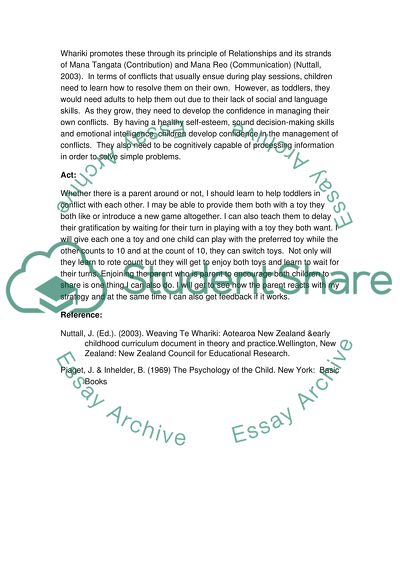Cite this document
(“Reflections of what happened in early childhood center of early Essay - 2”, n.d.)
Retrieved from https://studentshare.org/environmental-studies/1420081-reflections-of-what-happened-in-early-childhood
Retrieved from https://studentshare.org/environmental-studies/1420081-reflections-of-what-happened-in-early-childhood
(Reflections of What Happened in Early Childhood Center of Early Essay - 2)
https://studentshare.org/environmental-studies/1420081-reflections-of-what-happened-in-early-childhood.
https://studentshare.org/environmental-studies/1420081-reflections-of-what-happened-in-early-childhood.
“Reflections of What Happened in Early Childhood Center of Early Essay - 2”, n.d. https://studentshare.org/environmental-studies/1420081-reflections-of-what-happened-in-early-childhood.


